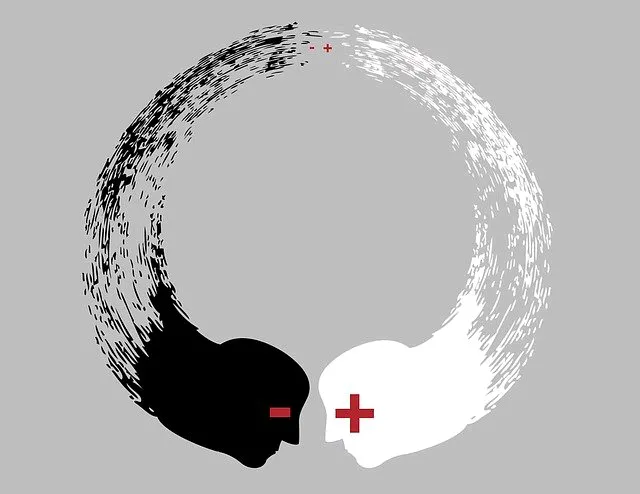Tara brach frequently tells this story: Imagine you're walking in the woods, and suddenly you see a dog, looking cute and friendly but as you approached it to pet it, it snarls and tries to bite you. Suddenly, the dog no longer looks that cute and friendly to you, and you possibly feel anger. But as the wind blows, the leaves on the ground are carried away and you realize the dog's leg was caught in a trap. Now you feel compassion for the dog, knowing it was aggressive because it was in pain and suffering.
Sometimes, no matter how much we try, we still end up judging others, it could be over small matters like someone coming late to work or over big matters like someone selfish and greedy.
Judgment means to have an opinion about someone or something based on feelings, evidence, or thoughts. Like the example of the dog given above, sometimes we judge by assessing if the other person is safe or could endanger us. Though judging others is normal, sometimes it could be quick and based on superficial information, the comparison used to judge others is mostly about you and your strength and weakness and has nothing to do with the other person.
Sometimes in an attempt to make ourselves feel better, we put someone else down harshly to feel superior but end up bringing out our insecurities.

There was a particular time in school when people assumed I was a womanizer because I look handsome. It was a popular belief that any handsome guy cheats around with women, but realized some months later that I don't hang around girls and I was not concerned with dating. People canceled that belief in me after they got closer to me. I had assumed a particular doctor in my school was harsh and unfriendly because of his looks and frowned face until I got closer to him, then I realized he was not what he seems on the outside. He was a friendly and teachable man. There are many times I had judged people and realized they were not who I assumed they are, while other times they truly were as my assumption. So I concluded not to judge anyone until I have known that someone for some time.
There are cases where we believe one side of a story about someone and hold grudges with them until one particular day when the whole story is told. No one is perfect and that's why the bible had advice that no one should judge, that himself will not be judged. We see a girl who is involved in some promiscuous act and we are judging her already based on what we saw, and no one cared to ask "why". Judgment most time is based on what we see, what we were told, past experiences, and an attempt to justify ourselves of certain actions.
The best way to conquer negative judgment is to always ask "why" and to ask oneself "if and what". Why someone had behaved the way he did and if you were in his position, what would you have done? It's unhealthy if we judge someone before asking these vital questions.
